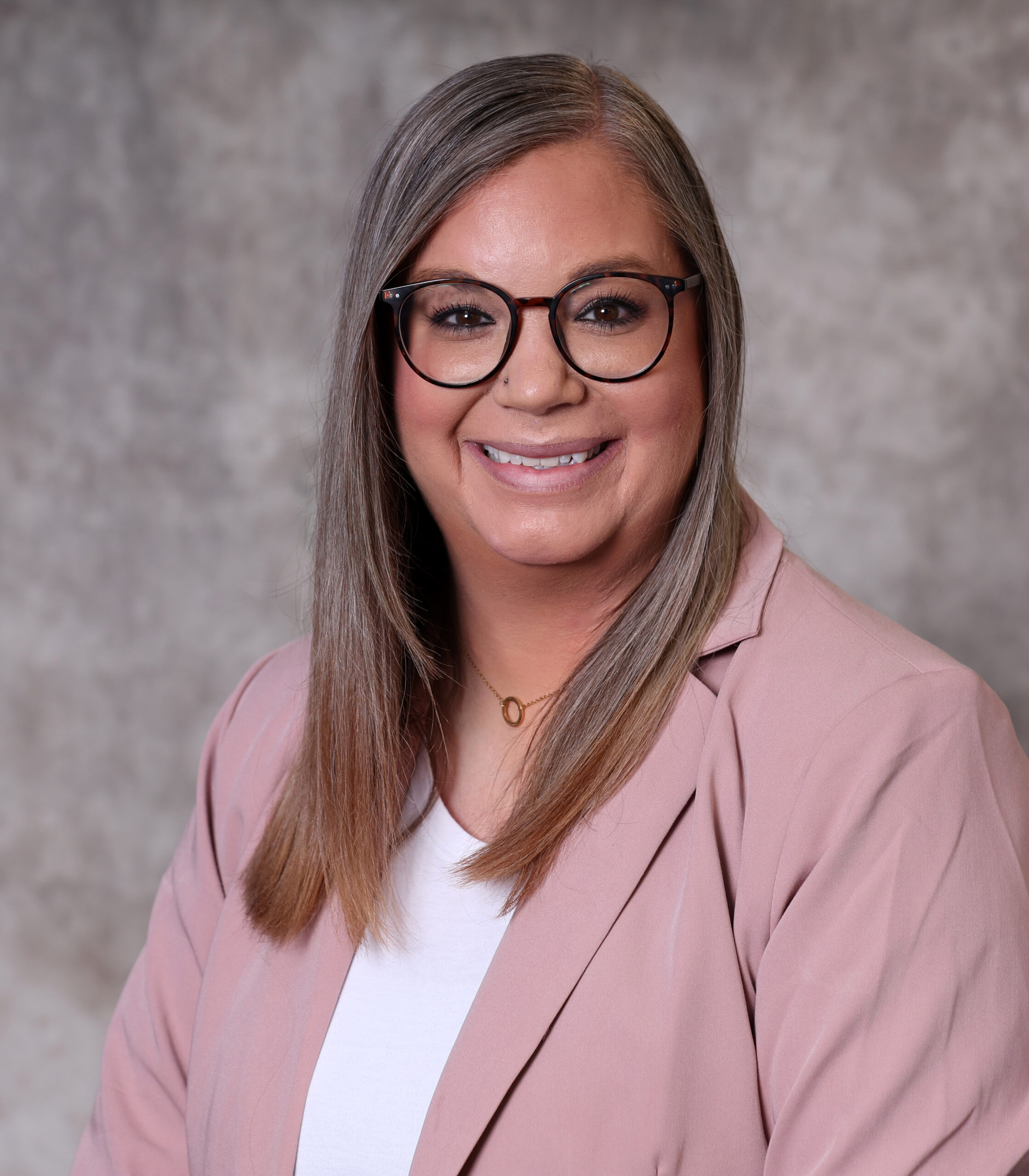Protecting your Social Security number is incredibly important, because it is one of the most valuable pieces of information to fraudsters. While fraudsters may attempt to steal your credit card and other financial information, their ultimate goal in many cases is to compromise your Social Security number, as it may enable them to steal your identity and apply for loans, file fraudulent tax refunds, and more.
While there are many instances in which you need to provide your Social Security number, there are instances in which it is not safe to do so. Here are a few best practices to guide when you should and should not provide your Social Security number.
When it’s generally safe to provide your Social Security number
When you’re familiar with the person requesting your Social Security number, you can verify their identity, and they are requesting it for a valid reason, it’s generally safe to provide your Social Security number. For example, if you are meeting in person with your banker to apply for a loan, it’s generally safe to provide the personal information needed to process the application.
In addition to verifying their identity, the requester should also be able to answer questions regarding the safety and confidentiality of your personal information. Especially if it is your first time providing your personal information to the requester, don’t hesitate to ask them how your information will be used and stored, as well as what safeguards they have in place to protect your information from hackers.
When it may not be safe to provide your Social Security number
There are some instances in which you should be especially careful about providing your Social Security number, including:
- When you are not familiar with the person requesting your information and have never spoken to them before.
- When you did not initiate contact with the requester, nor did you ever request to be contacted.
- When the requester cannot answer questions about the safety of confidentiality of your personal information.
- When the request does not seem necessary, but the requester insists it’s the only way to confirm your identity or process a request.
- The requester tries to instill a sense of urgency and claims you must quickly provide your Social Security number and other personal information such as your mother’s maiden name, your address and your birthday.
As a general best practice, make sure you know who you’re talking to before you provide any sensitive personal information. Even if a number calling you seems familiar, remember that phone numbers can be spoofed/faked. To ensure you’re talking to the person or organization they claim to be, end the call, find a verified phone number on their website, and give them a call. Initiating the call yourself ensures you know the true phone number and organization you’re speaking with.
Additionally, even if you think the request is valid and you’ve verified the requester’s identity, ask if there’s another way to verify your identity. Sometimes the last four digits of your Social Security number or just your home address will suffice, and you can rest assured you’ve disclosed less sensitive information.
Additional safety tips
In addition to keeping your Social Security number safe from requesters who may be attempting to commit fraud, it’s important to keep it safe from being found. Do not store your Social Security card in your wallet or other easily accessible places, and do not write it down on notepads (physical or digital). Try to memorize your number if possible, and store your physical card in a safe place where you can reference it as needed.
It’s also important to regularly request a credit report to monitor suspicious credit activity. If a fraudster successfully compromises your identity and authorizes your credit, it will be seen in a credit report. You can request a free credit report with any of the three nationwide credit bureaus: Equifax, Experian and Transunion. Requesting a report will not harm your credit score. If you find unfamiliar activity, consider freezing your credit.








 Equal Housing Lender. SBA Preferred Lender. NMLS #440379
Equal Housing Lender. SBA Preferred Lender. NMLS #440379